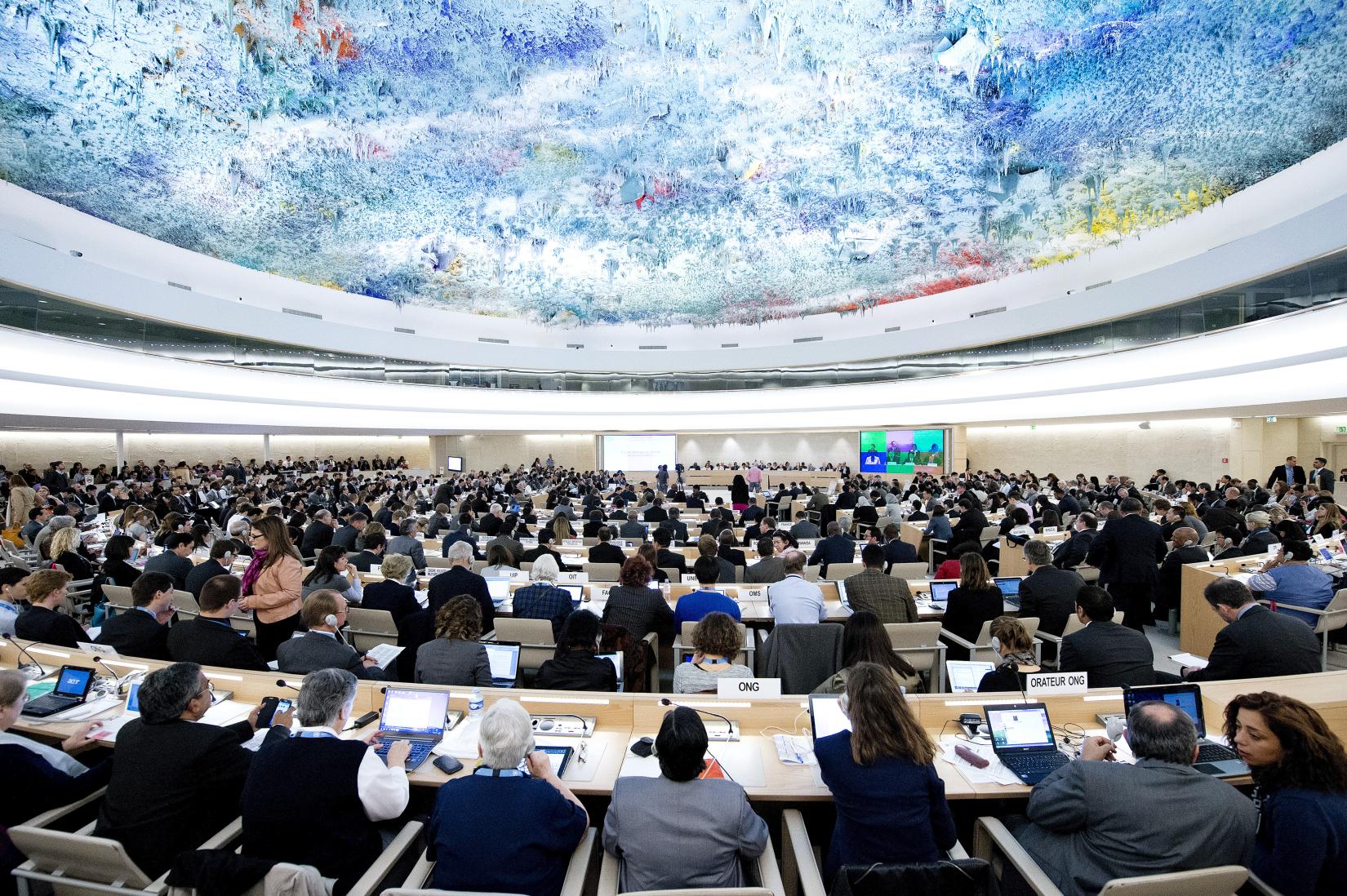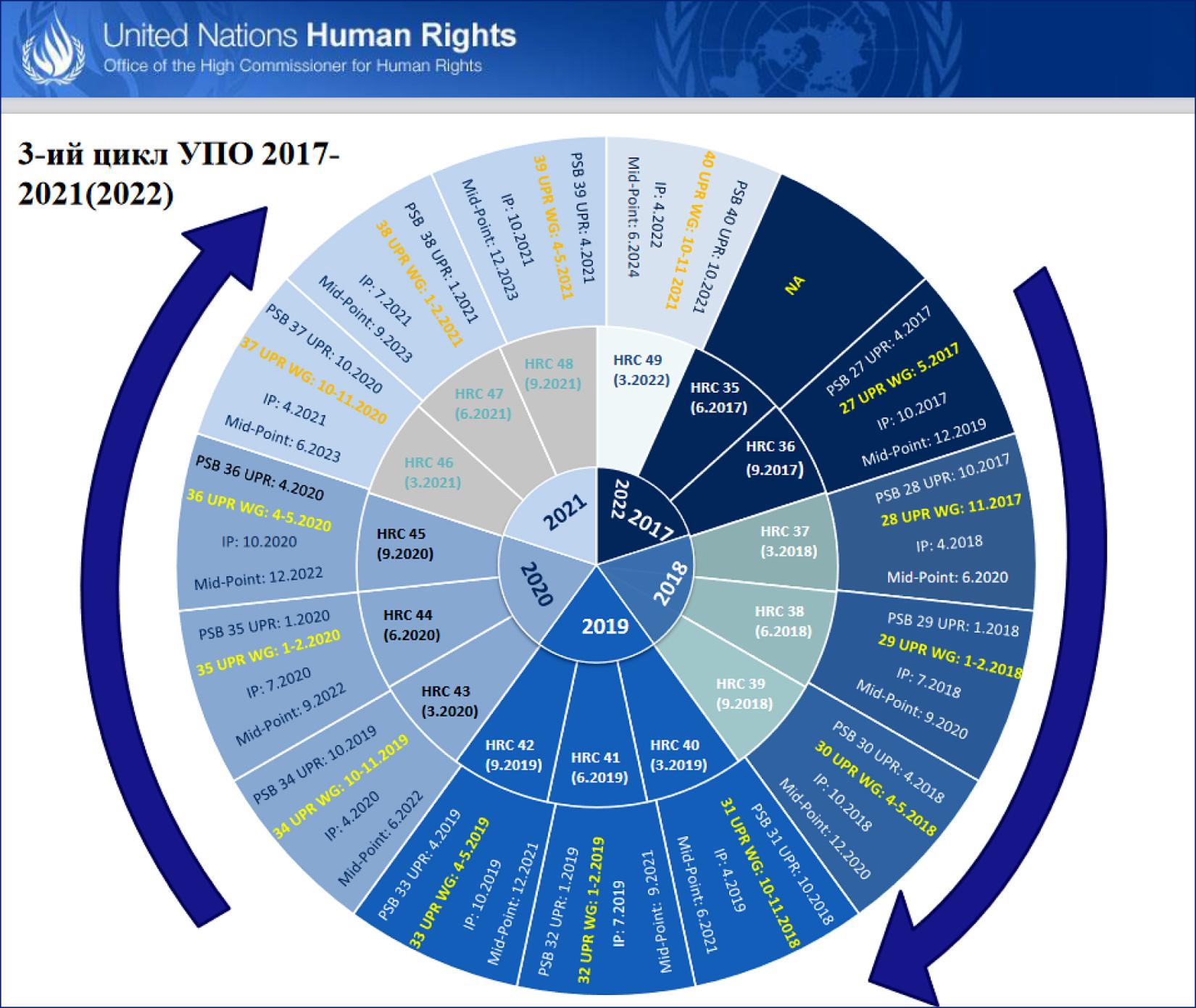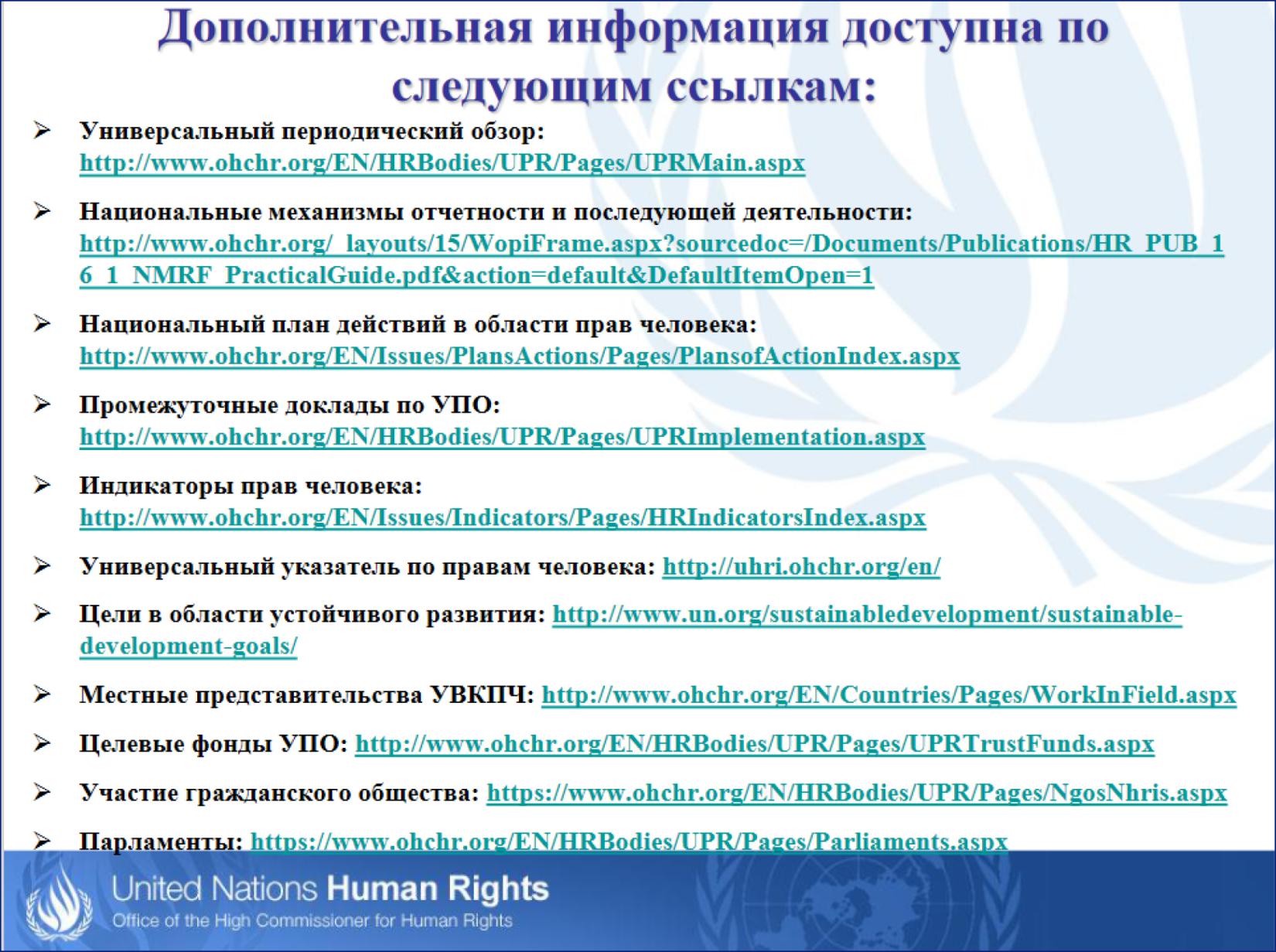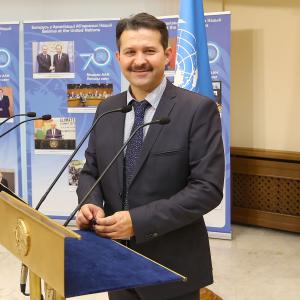Human Rights Council Adopted Universal Periodic Review Outcomes of Belarus
17 сакавіка 2021
- On March 16, Human Rights Council adopted Universal Periodic Review outcomes of Belarus
Speaking at the session on adoption of Universal Periodic Review outcome of Belarus were Ethiopia, Germany, India, Iran, Lithuania, Nepal, Pakistan, Russian Federation, Sri Lanka, Syria, United Arab Emirates, United Kingdom and Venezuela.
The following civil society organizations also took part in the discussions: Right Livelihood Award Foundation, Human Rights House Foundation, International Bar Association, Amnesty International, Advocates for Human Rights, and United Nations Watch.

Yury Ambrazevich, Permanent Representative of Belarus to the United Nations Office and other international organizations in Geneva, spoke at the session on behalf of the Republic of Belarus.
He noted that Belarus had accepted 266 recommendations for consideration, which related to just over 100 thematic issues. Belarus had accepted most of them - 155 recommendations - which was 58 per cent of the total. Of these, 18 recommendations were partially adopted, another 33 were considered as implemented or being implemented.
According to Ambrazevich, Belarus always cited the Universal Periodic Review as an example of an instrument of the Human Rights Council that was based on constructive dialogue and cooperation with States. Unfortunately, not everyone shared this view, as some countries politicised the process: their counterproductive, factually incorrect recommendations were rejected.

Other speakers, who took the floor at the session on discussion of Universal Periodic Review, regretted that recommendations related to the ongoing and unprecedented human rights crisis had not been accepted. They stated that impunity only served as a breeding ground for further violence and violations of human rights.
Some speakers congratulated Belarus for its efforts to combat human trafficking. The adoption of the Convention on the Rights of Persons with Disabilities by Belarus and the decision to name a national coordinator for the implementation of the Sustainable Development Goals were commendable. It was also noted that interagency cooperation in the area of the prevention of child abuse and domestic violence should be increased.
Regretting the Government’s refusal to engage with the UN Special Rapporteur on the Situation of Human Rights for Belarus, speakers expressed concerns about the freedom of expression and assembly; the climate of fear and impunity; the Government’s disregard for due process and fair trial; arbitrary arrests; and allegations of torture.
In his concluding remarks, Permanent Representative of Belarus to the United Nations Office and other international organizations in Geneva said that Belarus disagreed with most of the assessments made by non-governmental organizations.
Mr. Ambrazevich underlined that Belarus had areas for further improvement of the human rights situation, and it was consistently working on this. There was political pressure being exerted on Belarus, including at the Human Rights Council.

The webcast of the Human Rights Council meetings can be found here. All meeting summaries can be found here. Documents and reports related to the Human Rights Council’s forty-sixth regular session can be found here.
The Report of the Working Group on the Universal Periodic Review on Belarus can be found here (A/HRC/46/5).










